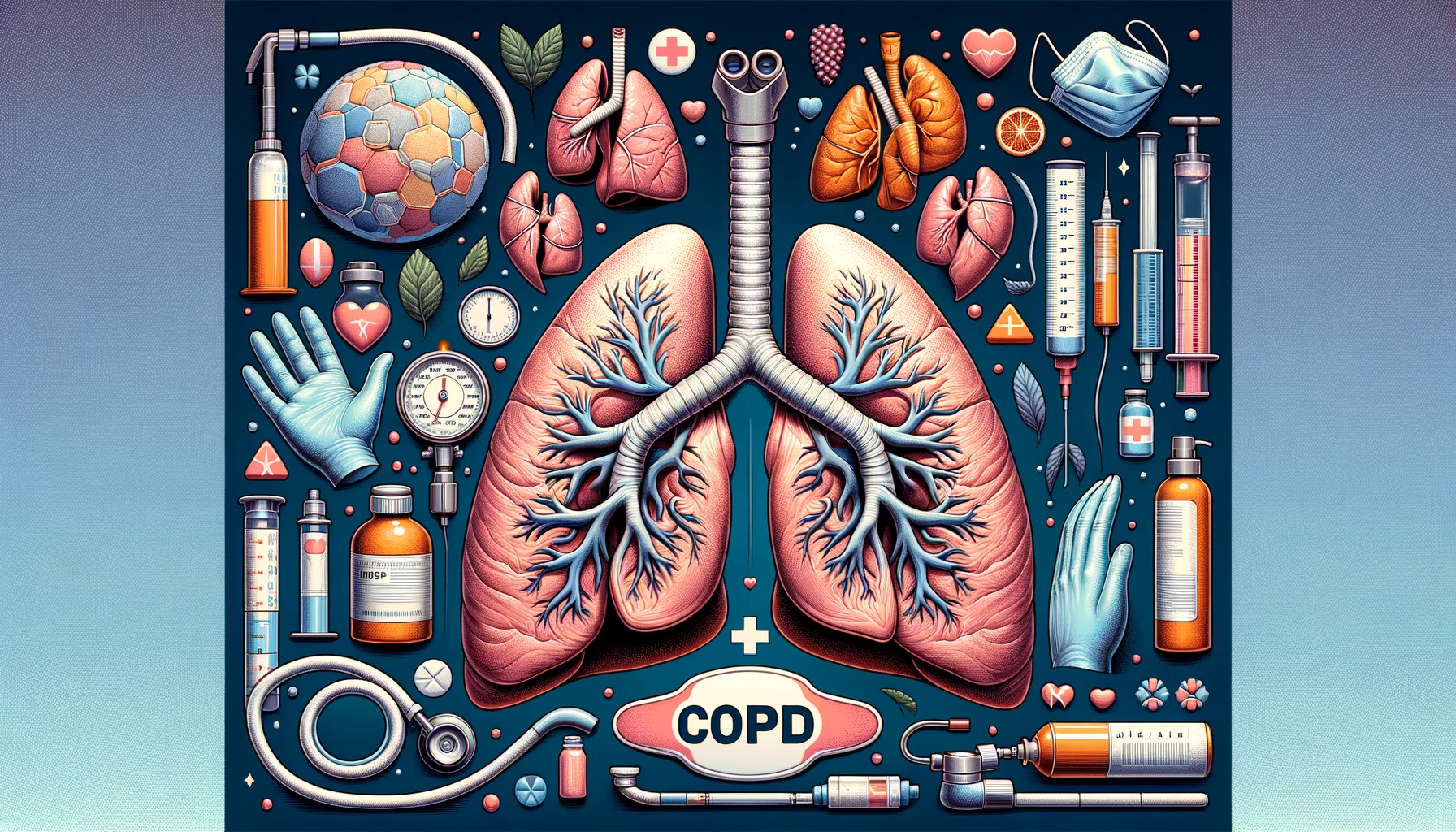Elderly care is a critical aspect of healthcare and social support systems, aimed at ensuring the well-being and quality of life for older adults.

Blog
Comprehensive Elderly Care: Ensuring a Better Quality of Life
Elderly care is a critical aspect of healthcare and social support systems, aimed at ensuring the well-being and quality of life for older adults. With the aging population increasing globally, the demand for specialized care services is on the rise. This blog explores various facets of elderly care, its importance, and how to ensure the best possible care for senior citizens.
Elderly care is crucial as it addresses the unique physical, emotional, and social needs of older adults. As people age, they often experience a decline in health, mobility, and cognitive abilities. Providing appropriate care and support can significantly improve their quality of life, helping them maintain independence and dignity. Elderly care encompasses a wide range of services, from medical and healthcare support to social and emotional assistance. These services are designed to ensure that older adults receive the necessary care and attention to manage their health conditions, engage in meaningful activities, and stay connected with their communities.
Allows seniors to receive personalized care in the comfort of their own homes. This can include medical care, personal care, and companionship services. In-home care is ideal for those who prefer to stay in familiar surroundings and maintain a degree of independence.
Provide a supportive environment for seniors who need help with daily activities but do not require intensive medical care. These facilities offer a range of services, including meals, housekeeping, and social activities, while allowing residents to maintain their independence.
Offer comprehensive medical care and support for seniors with significant health issues or disabilities. These facilities have trained healthcare professionals on staff to provide round-the-clock care and supervision.
Focuses on providing comfort and support to seniors with terminal illnesses. This type of care aims to improve the quality of life during the final stages of life by managing pain and other symptoms, offering emotional and spiritual support, and assisting families.
Health and medical care are fundamental components of elderly care. As people age, they are more likely to develop chronic health conditions such as diabetes, hypertension, heart disease, and arthritis. Proper medical care and management are essential to maintain their health and well-being. Regular health check-ups and screenings are crucial for early detection and management of health issues. Preventive care, such as vaccinations and health education, can help reduce the risk of illnesses and improve overall health outcomes. Medication management is another critical aspect of elderly care. Many seniors take multiple medications for various health conditions, and proper management ensures that they take the right medications at the right times, minimizing the risk of adverse effects and interactions. Access to specialized medical services, such as physical therapy, occupational therapy, and mental health care, is also important. These services can help seniors manage their health conditions, improve their mobility, and enhance their mental and emotional well-being.
Social and emotional support is vital for the overall well-being of the elderly. Many seniors experience loneliness and isolation, which can negatively impact their mental health and quality of life. Providing opportunities for social interaction and emotional support can significantly improve their well-being. Family and friends play a crucial role in offering social and emotional support. Regular visits, phone calls, and social activities can help seniors stay connected and engaged with their loved ones. Community programs and senior centers offer various activities and services that promote social interaction and engagement. These programs can include recreational activities, educational classes, and support groups, providing seniors with opportunities to socialize and form new connections. Professional counseling and mental health services are also important for addressing emotional and psychological issues. Many seniors experience depression, anxiety, and other mental health conditions, and access to professional support can help them manage these challenges.
Financial planning is an essential aspect of elderly care, ensuring that seniors have the resources they need to cover their care and living expenses. The cost of elderly care can be significant, and proper planning can help alleviate financial stress for both seniors and their families. Understanding the costs associated with different types of care is the first step in financial planning. In-home care, assisted living, nursing homes, and hospice care all have different cost structures, and it's important to evaluate these costs based on the level of care needed. Long-term care insurance can be a valuable resource for covering the costs of elderly care. This type of insurance helps pay for services that are not typically covered by health insurance, such as in-home care and assisted living. Government programs, such as Medicaid and Medicare, also provide financial assistance for elderly care. These programs have specific eligibility requirements and coverage options, and understanding these can help seniors access the care they need.
Choosing the right elderly care facility is a critical decision that requires careful consideration of various factors. These factors include the level of care needed, the quality of care provided, the facility's reputation, and the preferences of the senior and their family. Evaluating the level of care needed involves assessing the senior's health condition, mobility, and ability to perform daily activities. This assessment can help determine whether in-home care, assisted living, or a nursing home is the best option. The quality of care provided by the facility is another important consideration. Researching the facility's reputation, reading reviews, and visiting the facility can provide valuable insights into the quality of care and the overall environment. Preferences of the senior and their family should also be taken into account. Factors such as location, amenities, and the facility's approach to care can influence the decision. Involving the senior in the decision-making process can help ensure that they feel comfortable and supported in their new environment.
Elderly care is a multifaceted and essential aspect of ensuring the well-being and quality of life for older adults. By understanding the different types of care services, the importance of health and medical care, the need for social and emotional support, and the significance of financial planning, families can make informed decisions about the best care options for their loved ones. Choosing the right care facility and providing continuous support can help seniors lead fulfilling and dignified lives in their later years.
Elderly care is crucial as it addresses the unique physical, emotional, and social needs of older adults. As people age, they often experience a decline in health, mobility, and cognitive abilities. Providing appropriate care and support can significantly improve their quality of life, helping them maintain independence and dignity. Elderly care encompasses a wide range of services, from medical and healthcare support to social and emotional assistance. These services are designed to ensure that older adults receive the necessary care and attention to manage their health conditions, engage in meaningful activities, and stay connected with their communities.
Allows seniors to receive personalized care in the comfort of their own homes. This can include medical care, personal care, and companionship services. In-home care is ideal for those who prefer to stay in familiar surroundings and maintain a degree of independence.
Elderly care is a multifaceted and essential aspect of ensuring the well-being and quality of life for older adults. By understanding the different types of care services, the importance of health and medical care, the need for social and emotional support, and the significance of financial planning, families can make informed decisions about the best care options for their loved ones. Choosing the right care facility and providing continuous support can help seniors lead fulfilling and dignified lives in their later years.
Need Personalized Health Guidance?
Get expert advice tailored to your specific health needs from our qualified healthcare professionals.





